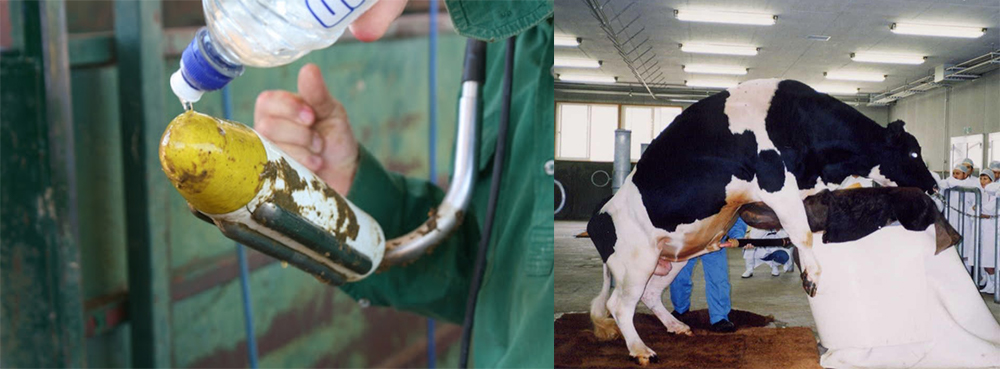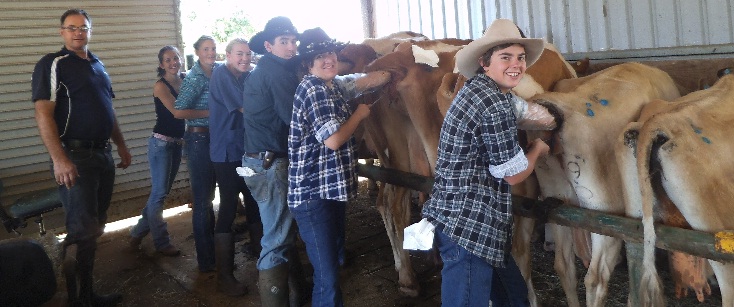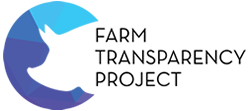Breeding
Breeding
Semen collection
 Anal probe and semen being collected from bull.
Anal probe and semen being collected from bull.
Only specific bulls are used for breeding to produce calves of the 'highest quality'. Semen is collected from bulls through the use of 'electro-ejaculation'. This involves forcing a large rectal probe inside the anus of the bull that acts to stimulate them until they involuntarily ejaculate.
When bulls are no longer economically viable for farmers, they are generally sent to slaughter.
As of 2022, Dairy Australia reported that nearly 90% of Australian dairy farms use artificial insemination and nearly 50% of farms use sexed semen. Despite this, hundreds of thousands of calves, whether male or female, are killed at one week old in Australia.
 Cows being artificially inseminated. Source: No Bull
Cows being artificially inseminated. Source: No Bull
Artificial insemination (AI):
The Artificial Insemination (AI) process involves the farmer forcing their arm into the cow's anus and holding her cervix as a guide, while inserting a straw ('gun') containing the bull semen into the cow's vagina, through her cervix, and depositing the semen into the body of her uterus.
 Diagram of Artificial Insemination technique. Source: In Calf Booklet: Dairy Australia (p. 110)
Diagram of Artificial Insemination technique. Source: In Calf Booklet: Dairy Australia (p. 110)
Dairy cows are impregnated annually to ensure milk production remains consistent. With a gestation period of 9 months, this means that each year they'll spend 9 months pregnant with 3 months off/'rest'.
Artificial insemination of cows is used widely within the Australian dairy industry, for several reasons:
- AI gives farmers significant control over when their herd will be calving. Many farms split the herd's calving so that some of the herd will calve over autumn and others will calve in spring. This is done to spread the farmers' workload over the year and to keep milk supplies consistent. For smaller farms the cost of using AI for their herd is often cheaper than feeding a bull for 12 months of the year.
- Bulls can also be difficult for farmers to handle, so AI proves an easier alternative. Farmers have the ability to choose 'better' genetics and match cattle with bulls that will fix genetic 'flaws', or import the 'best' bull (male) genetics from across the globe.
- Farmers have the ability to choose 'better' genetics and match cattle with bulls that will fix genetic 'flaws', or import the 'best' bull (male) genetics from across the globe.


